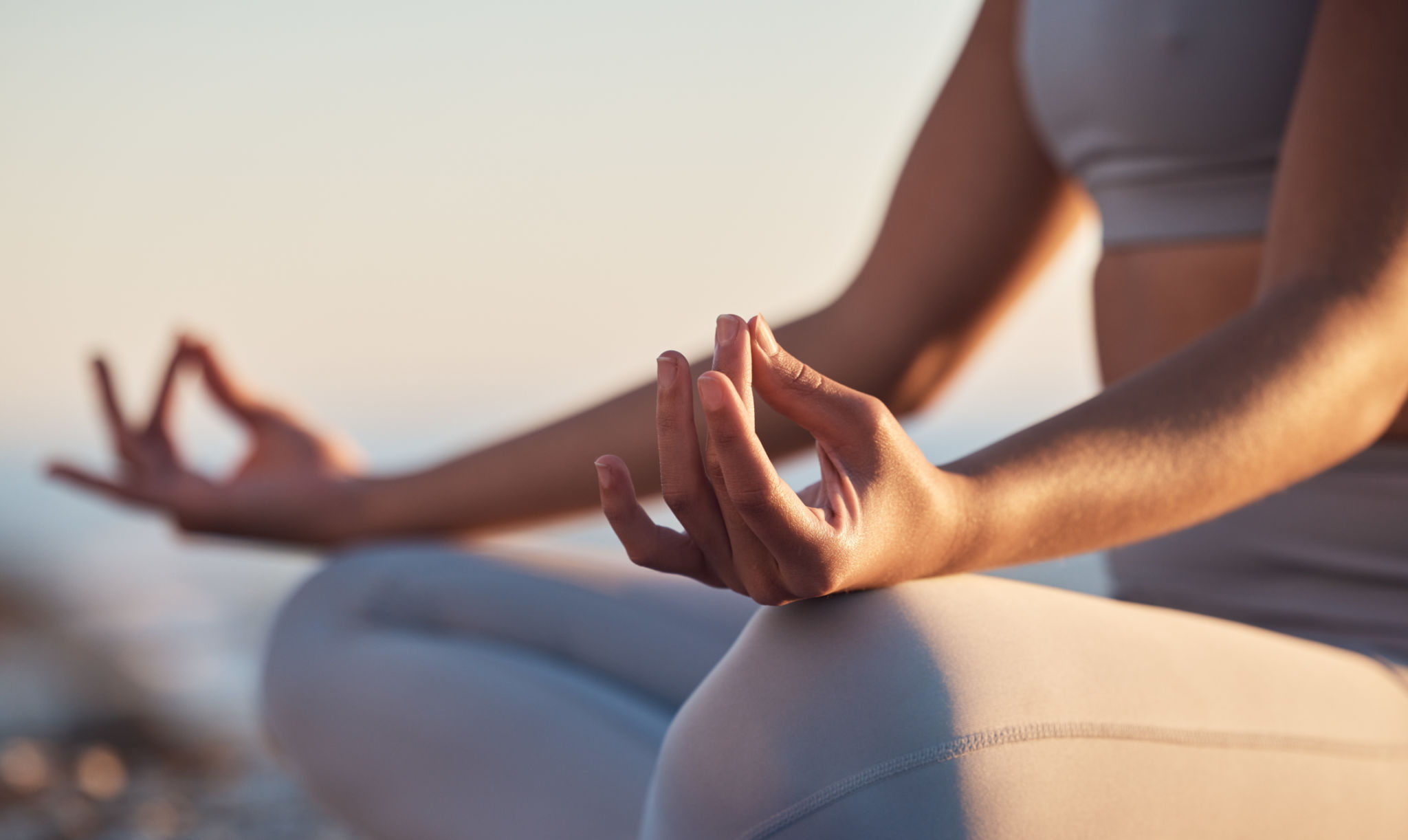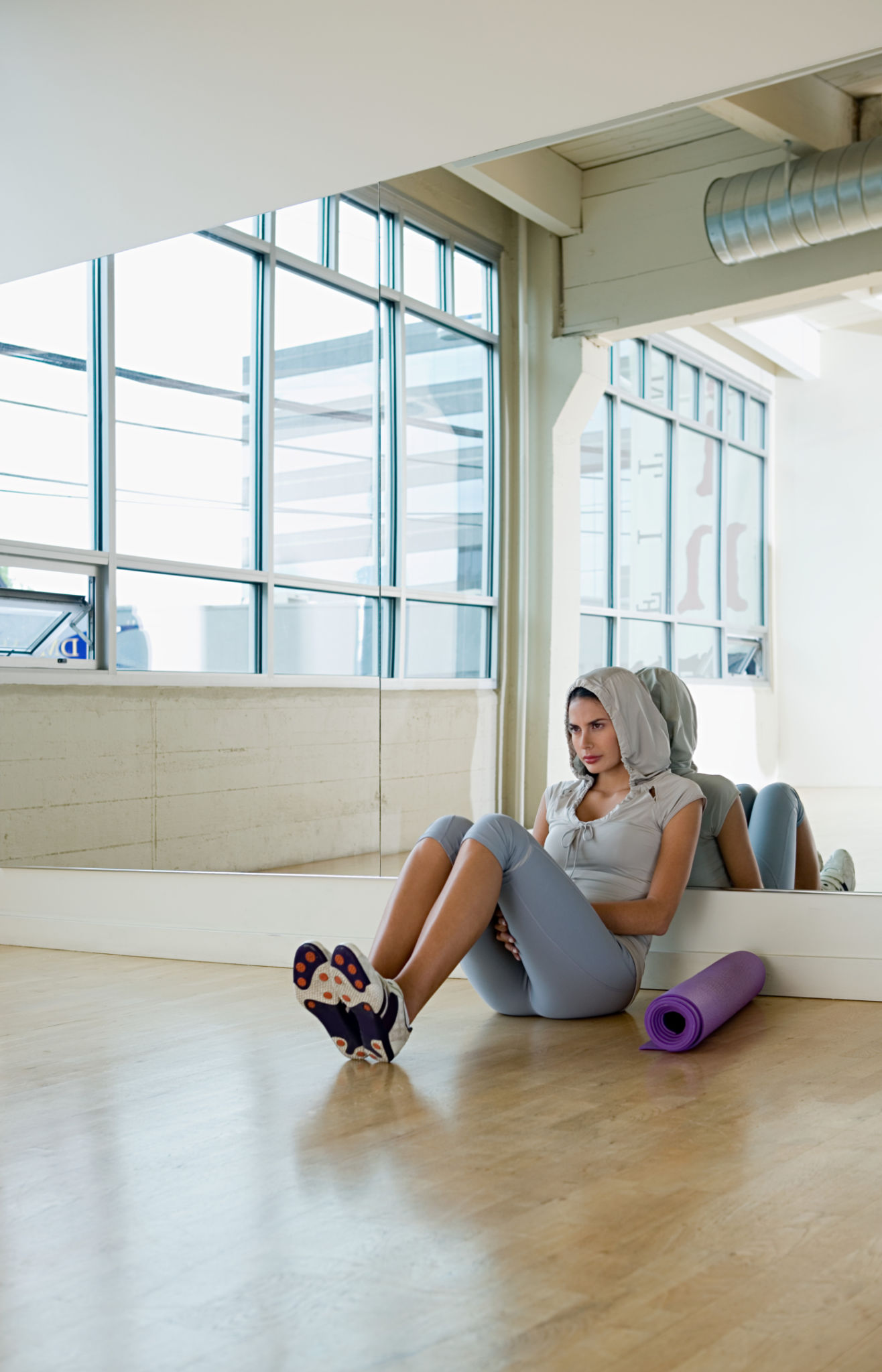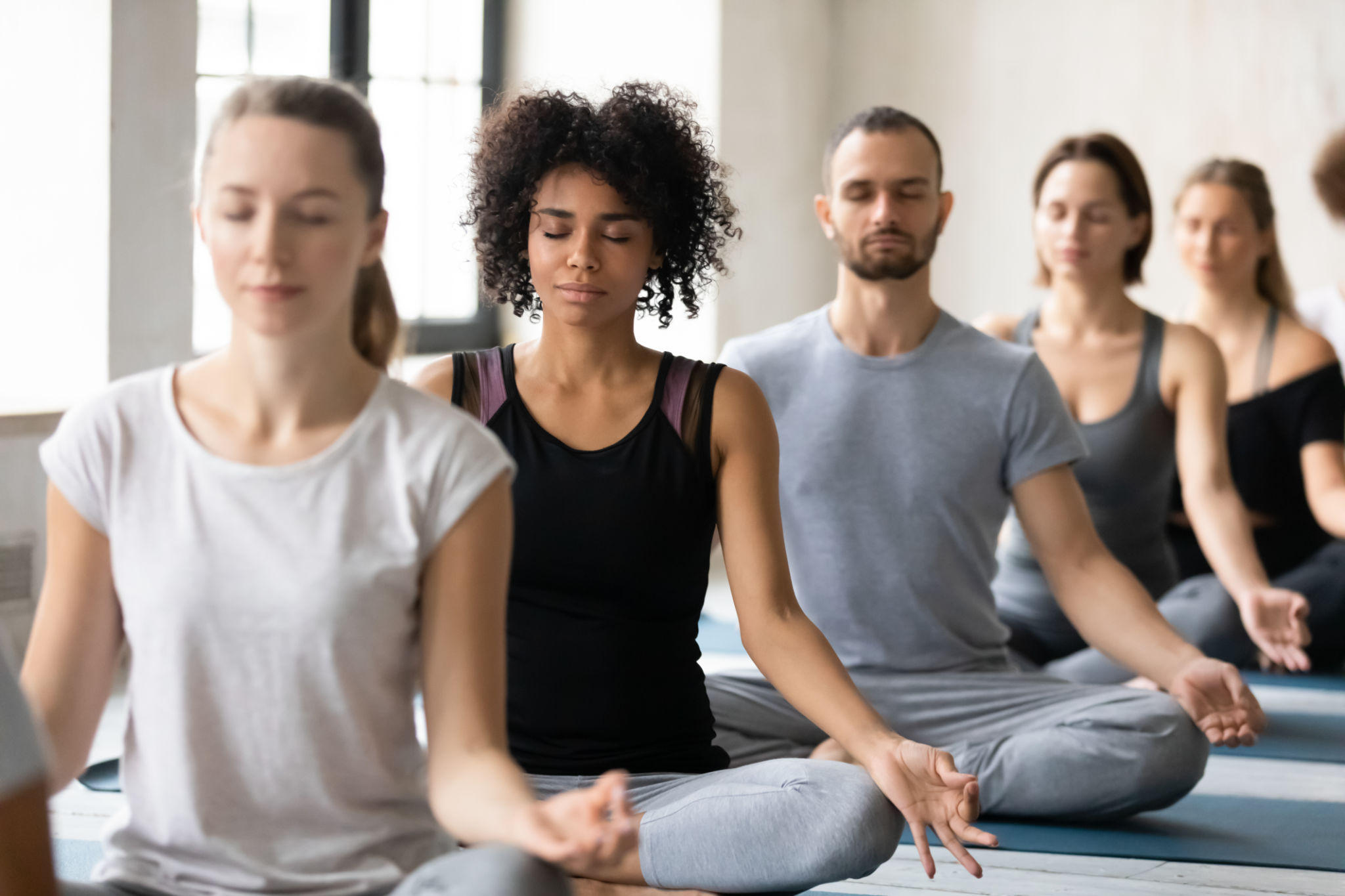A Veteran’s Guide to Yoga: Reducing Anxiety Through Holistic Practices
Introduction to Yoga for Veterans
For many veterans, transitioning back to civilian life can present unique challenges, often accompanied by feelings of anxiety and stress. Yoga offers a holistic approach to managing these emotions, providing both physical and mental benefits. This ancient practice can serve as a powerful tool for veterans seeking to reduce anxiety and regain a sense of control over their lives.

The Science Behind Yoga and Anxiety Reduction
Yoga's effectiveness in reducing anxiety is supported by numerous studies. It combines physical postures, breathing exercises, and meditation, all of which have been shown to lower cortisol levels—the body's primary stress hormone. By engaging in regular yoga practice, veterans can experience a significant reduction in anxiety symptoms.
One of the key elements of yoga is its focus on the breath. Deep, controlled breathing helps activate the parasympathetic nervous system, promoting relaxation and reducing stress. This breathing technique can be particularly beneficial for veterans who have experienced trauma, as it encourages mindfulness and presence in the moment.
Choosing the Right Yoga Practice
There are various styles of yoga, each offering unique benefits. Veterans may find certain practices more aligned with their needs. Here are a few options:
- Hatha Yoga: A gentle introduction to basic yoga postures.
- Vinyasa Yoga: A dynamic flow that combines movement with breath.
- Yin Yoga: Focuses on deep stretching and relaxation.

Finding a Suitable Instructor
Working with an instructor who understands the specific needs of veterans can enhance the yoga experience. Many instructors offer classes tailored to veterans, focusing on creating a safe and supportive environment. It's important to communicate any physical limitations or concerns to ensure a positive practice.
The Role of Meditation in Yoga
Meditation is an integral component of yoga that aids in calming the mind. For veterans, meditation can help process past experiences and cultivate a sense of peace. Regular meditation practice encourages self-reflection and promotes emotional healing, making it an essential part of a holistic approach to reducing anxiety.

Incorporating Yoga into Daily Life
Consistency is key when it comes to experiencing the full benefits of yoga. Veterans are encouraged to incorporate yoga into their daily routine, even if it's just a short session each day. Over time, this practice can lead to lasting changes in mental health and well-being.
Beyond the mat, yoga principles such as mindfulness and gratitude can be applied to everyday life. By embracing these practices, veterans can develop a more positive outlook and improved emotional resilience.
Conclusion: Embracing a Holistic Lifestyle
Yoga offers veterans a pathway to healing through a holistic lifestyle. By integrating yoga and its principles into their routine, veterans can find relief from anxiety and create a more balanced and fulfilling life. Whether through group classes or personal practice, the benefits of yoga are far-reaching and deeply transformative.